This eBook is copyright material and must not be copied, reproduced, transferred, distributed, leased, licensed or publicly performed or used in any way except as specifically permitted in writing by the publishers, as allowed under the terms and conditions under which it was purchased or as strictly permitted by applicable copyright law. Any unauthorised distribution or use of this text may be a direct infringement of the authors and publishers rights and those responsible may be liable in law accordingly.

WANDERING PEOPLE
Once upon a time there was a Corkman who vowed that he would never rest until he reached the end of the world. And so he travelled many a weary mile over land and over sea, until finally he came to a great wall that reached nearly to the sky. Up he went from crevice to crevice with his heart in his mouth until, at the very top, he found a Kerryman calmly seated, smoking his pipe and gazing wistfully into the infinite space beyond. A slight exaggeration perhaps; he may have been smoking a cigarette, but the fact remains that the Irish have always been notable travellers. A continental scholar, Walafrid Strabo, who flourished eleven hundred years ago, remarked that the Irish of his time were so given to wandering abroad that it was second nature to them. He had seen them come by the shipload, monks and craftsmen and scholars, a whole herd of philosophers as one contemporary put it, who were made welcome by kings and bishops and left their mark deep on religion and learning in Europe. And, as we might expect, there were others, less welcome perhaps to the kings and the bishops, but loved by the ordinary people, jugglers, minstrels and poets, experts in the arts of entertainment for which the Irish were noted. There were some who scorned the easy roads of France and Germany and turned their ships westward and northward where they certainly discovered Iceland and possibly reached what is now America, and returned to tell of the great ice islands which floated on the sea, and the tusked walrus and the sprouting whales and the strange and wonderful adventures which befell them in the magic islands of the great ocean.
We can be sure that there were Irishmen out and about long before the great days of the missionaries. King Dith is said to have been killed by lightning at the foot of the Alps, and Irish raiders snatched Patrick into slavery and, all unknown to themselves, changed history for Ireland and for Europe. Of these earlier wanderers we know hardly anything, nor are we ever likely to know much. But since St Colmcille turned his back on his beloved Derry to go into Gods exile we can follow the course of the endless stream of Irishmen to the ends of the earth. Of the saints and the soldiers we have heard most; we all know the names of Columbanus and Fiachra and Killian, of Sarsfield and Lally and OMahony. But there is hardly a spot on the globe where an Irish foot has not trod, from the Polar wastes to the jungles of central Africa and from the cannibal islands to the palaces of the kings.
With such a tradition of wandering we may well imagine that people were moving about the home island too. We often have the quite mistaken idea that people long ago lived in a sort of remote isolation, never moving out of their own parish and seldom seeing a stranger. Far different was the true state of affairs, for with all our hikers and all our motor cars, it is probable that there are less people moving on the Irish roads now than there were at almost any time in the past. For one thing, travel is too fast nowadays; getting to the destination as fast as possible is what interests most of us. In the old days it was different; the journey was interesting and exciting of itself, and the wise traveller set himself out to enjoy every minute of it. Besides that there were many classes of people whose livelihood depended upon their moving from place to place. Take, for instance, the bands of poets who imposed themselves on the populace, eating a chief or noble out of house and home and then passing on to the next hospitable house with their extravagant demands for bigger and better hospitality, calling for fresh fruit in the dead of winter and demanding comfortable beds, each with a second bed at a slightly lower level, in case they fell out during the night! If anyone refused their demands they composed satires on him funny and malicious songs that were spread about so that they were sung by every scullion and cattleboy in the country, to the eternal shame of the victim. Think of the band that descended on Guaire, the good king of Connaught, over six hundred poets, their womenfolk and servants, and a hundred and fifty hounds. Lucky for him that his brother, St Marbhn, was there to help him, for although his wealth was great and his generosity proverbial, the demands of the poets were entirely unreasonable. Cuckoos to sing to them between Big and Little Christmas was one of their minor requests. No wonder that the men of Ireland rose against them in the end and would have driven them out of the country, bag and baggage, but for the intervention of another saint, Colmcille, who begged permission for them to stay, under promise of good behaviour. But for centuries after this, and even down to our own day, the wandering poets have been on the roads of Ireland. To some the desire to wander came suddenly, as happened to the scholar Mac Con Glinne: A great longing seized the mind of the scholar, to follow poetry and to abandon the studies, for wretched to him was a life overshadowed by study. This came into his mind on a Saturday evening at Roscommon, where he was studying. So he sold what little things he had for two wheaten cakes and a cut of old bacon with a streak across the middle, which he put in his book-bag. And he shaped for himself on the same night a pair of shoes of seven thicknesses of soft leather. Just like that, and set out next day on his travels, to wind up by saving the king of Munster from a hunger demon and so gaining fame and riches. How many Leaving Cert. students are his brothers in spirit! Then there were not the poor scholars, who travelled in search of learning and not, like Mac Con Glinne, to get away from it. In the Penal times, when it was not easy to get a higher education, there were many poor scholars on the road. If one of them heard of a good teacher, a priest or a hedge-schoolmaster famous for Latin and Greek, he made his way to the parish where the teacher lived and began to study under him, working for a farmer, or teaching the ABC to the farmers children for his keep. Many are the stories of the poor scholars, and many a poor scholar rose high in the Church or in the service of foreign kings.
There were wandering musicians and ballad singers who went from fair to fair sure of a nights hospitality because of their art. Some of them were notable people, like the great Turloch Carolan, the Last of the Bards, who was a wonderful harper and composer of many fine tunes. He and his like were made welcome at the houses of the gentry, not only the nobles of the old Irish stock but the newer landowners settled by Cromwell and King William of Orange, for anybody who did not at least pretend to be a lover of music was looked on as a boor, be he gentle or simple. There were many notable pipers too and the fashionable gentlemen learned to play the pipes from them there is a fine set which belonged to Lord Edward Fitzgerald in the National Museum. There were travelling storytellers, and they, too, were sure of a welcome. We all have heard the tale of the poor simple fellow who had no song or story and so was refused lodging at every house until he came to the house of a man who was in league with them that does be in it. The poor boy was given a bed, but he slept little for he spent the whole night in terror from corpses, coffins, graves and threats of terrible men. Came the morning, and the man of the house said, in a kindly way, Now, boy, youll never again be refused a lodging, for you have a fine long story to tell after the night.

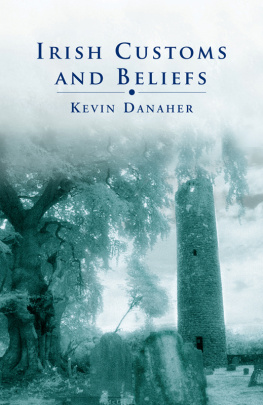
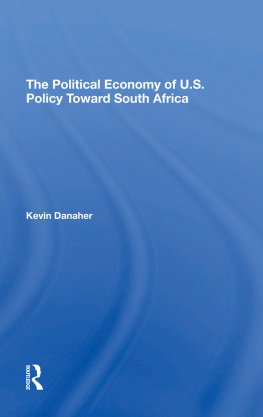
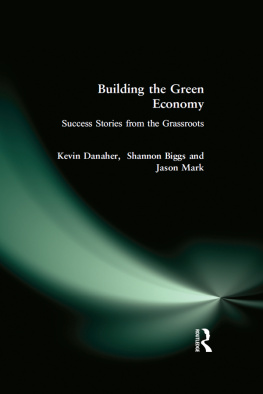

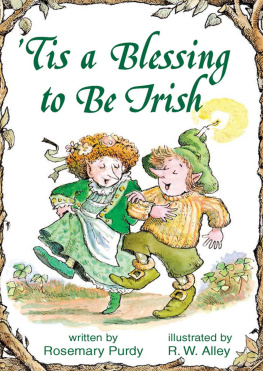
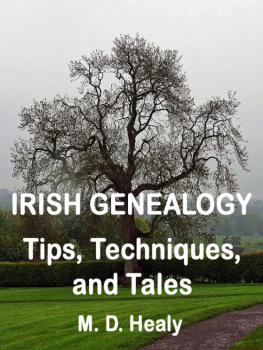
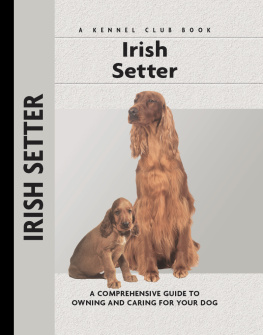
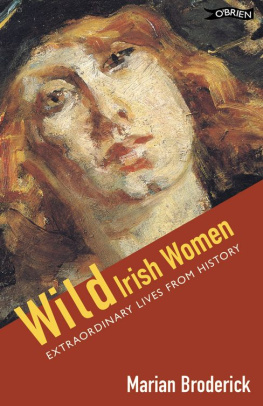

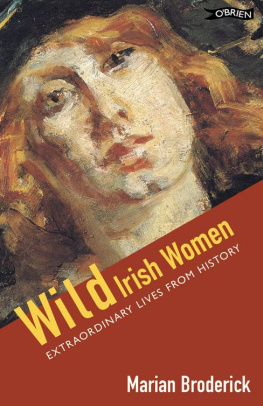




 WANDERING PEOPLE
WANDERING PEOPLE